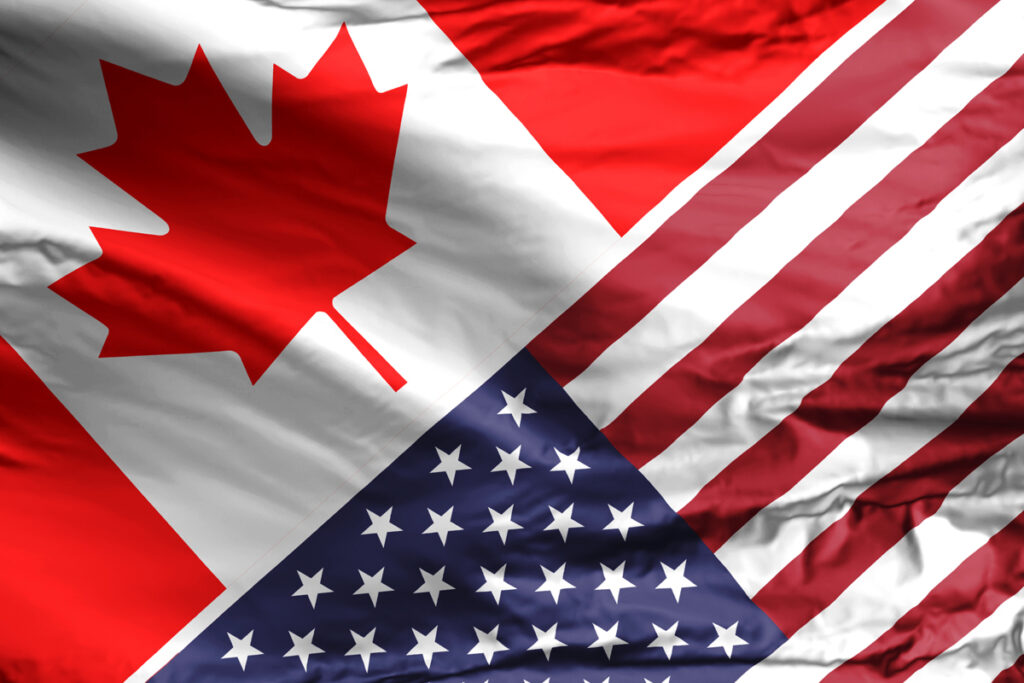Canada and the United States have long shared one of the world’s most stable and beneficial alliances, built on economic ties, military cooperation, and cultural similarities. However, the relationship has been severely tested by U.S. President Donald Trump’s trade war and his controversial threats to annex Canada as the 51st state. Many Canadians feel betrayed, as they have historically stood alongside the U.S. in times of need, only to now face tariffs and economic hostility from their closest ally.
Trade War and Economic Retaliation
Trump has targeted Canada with sweeping 25% tariffs on Canadian products, escalating tensions between the two nations. Although Prime Minister Justin Trudeau secured a temporary 30-day delay by promising increased border cooperation, the uncertainty surrounding trade has already unsettled Canadian businesses. Trump has also announced a 10% tariff on Canadian energy, despite the fact that Canada supplies over 4.3 million barrels of oil per day to the U.S.
In response, Canada has implemented retaliatory tariffs on American imports, including beverages, cosmetics, and paper products. A second phase of tariffs is expected to be even more severe. The ongoing trade dispute has fueled concerns about long-term damage to economic relations, as Canada is the top export destination for 36 U.S. states, and $3.6 billion worth of goods and services cross the border daily.
Canadian Backlash and National Sentiment
Public reaction in Canada has been strong, with many citizens viewing Trump’s actions as an attack on national sovereignty. At sporting events, fans have booed the American national anthem in protest, and calls to boycott American products and cancel vacations to the U.S. have gained traction. Some Canadians have expressed frustration over being treated as a minor player in trade negotiations, despite the country’s deep economic and security ties with the U.S.
Despite efforts to de-escalate the situation, tensions remain high. Many Canadians believe the damage to trust between the two nations will be long-lasting, as this is one of the worst diplomatic crises between Canada and the U.S. since Canada’s founding in 1867.
51st State Controversy and Political Reactions
Trump’s repeated suggestions that Canada should become the 51st state have further inflamed the situation. His claims that Canada relies on a “massive subsidy” from the U.S. have been widely criticized, as economic data suggests a strong, mutually beneficial trade relationship. His vice president has also dismissed concerns about Canadian sovereignty, questioning the country’s military spending and border security efforts.
Canadian leaders and experts have condemned these statements, emphasizing that Canada has consistently contributed to U.S. security efforts and responded to American crises, from disaster relief to military operations. The idea of annexation is viewed as both dismissive and hostile, further widening the rift between the two nations.
A Strained Relationship with Uncertain Prospects
Despite a temporary pause in tariffs, Canadians remain wary of the future of U.S.-Canada relations. The billion-dollar border security plan announced by Canada, aimed at addressing concerns over migration and drug trafficking, has done little to ease tensions. The economic uncertainty, combined with Trump’s rhetoric, has created an atmosphere of distrust that will be difficult to repair. While trade disputes between the two countries have occurred in the past, the current situation has reached unprecedented levels, leaving many Canadians questioning the strength of their once-reliable partnership with the U.S.


